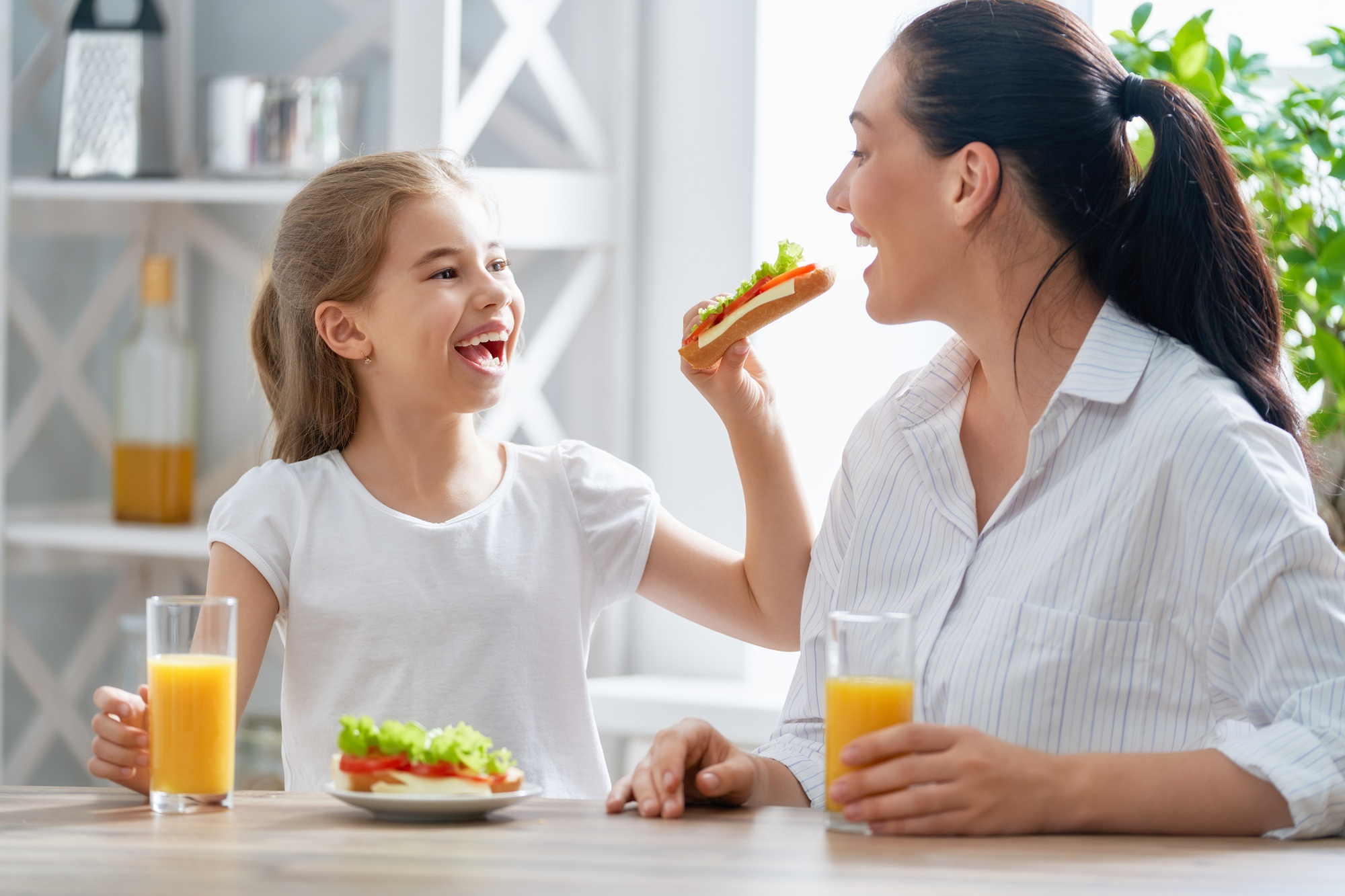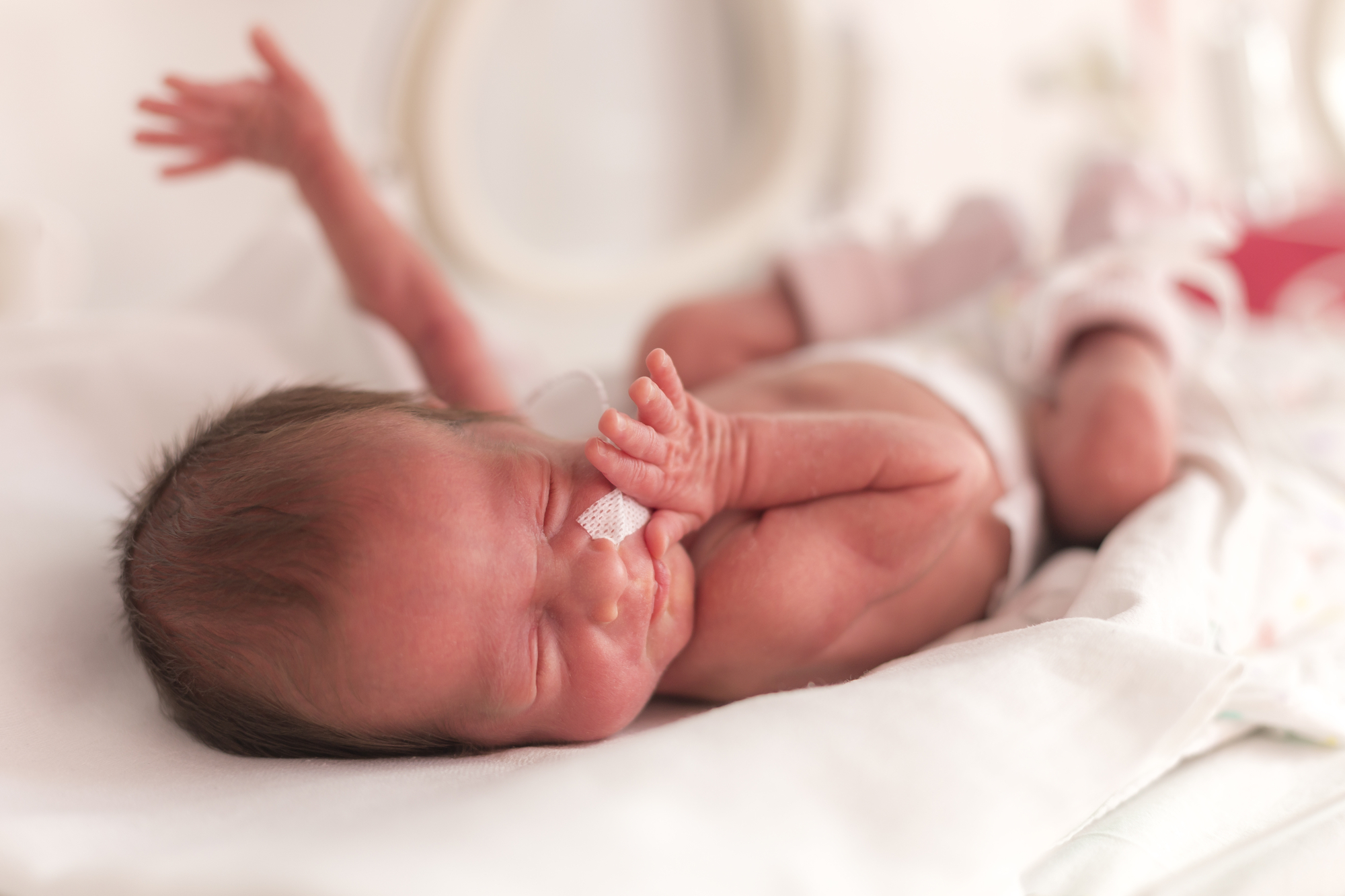As a young girl, I was brainwashed into diet culture and poor body image.
I remember walking past the checkout counters in the grocery store, seeing the magazines, praising weight loss, or advertising a new miracle diet
My environment compounded my belief even further. Hearing weight loss praise when one of my mom’s friends has lost weight, or my aunt talking about her ugly belly fat. This all led and formed my belief that I needed to lose weight, that I needed to be thin, to be happy, to be successful, to be worthy of anything in this life.
Now, this was all before social media. I grew up in the 80’s, where we had magazines, radio, and TV. If we look at what we have available now on social media and the weight loss ads on Google. It’s no wonder that our perception of our bodies has diminished over the years. These are just intensified when we see this message, day in and day out. A constant reminder that we are not good enough, thin enough, smart enough, better if we had to lose a bit of weight, then we will be happy. It’s no wonder when my clients come to me, they tell me that the number one thing they want is to lose weight because then they’ll be happy.
We’re all incredible human beings. And no one of us is the same. So why do we try to mold ourselves to an ideal that’s probably photoshopped in the first place?
When we see a real body on social media or in magazines. When was the last time we heard a real story of happiness that didn’t have something to do with appearance, weight, body size, or the colour of their skin?
Children as young as three years can have body image issues. According to a study done in the UK 66% of children feel negative or very negative about their body image most of the time, 65% of under 18s thought there was an ‘ideal body type’ compared with 45% of adults. Another study by the Mental health foundation reported that among teenagers, 37% felt upset, and 31% felt ashamed in relation to their body image. Body image affects both boys and girls and 29% of young people agreed that things their family said have caused them to worry in relation to their body image
The Butterfly Foundation has recently started the Butterfly Body Bright program encouraging healthy attitudes towards food and body among primary school children.
In addition, the foundation encourages positive body image through role modeling. They say that the most empowering way to support the development of positive body image is to show what both healthy body image looks like.
You might not have the perfect body outlook but you can encourage compassion and acceptance and inclusivity in the world.
Children who have a healthy body image feel good about their bodies, they are happy about how they look and it can encourage self-confidence.
The best way to encourage a positive perception of children’s physical appearance is to lead by example. For some this might be a foreign concept, for me, it took ages to accept my body as I had to work hard to break through years of conditioning to despise it. Here are three ways to cultivate body positivity.
𝑨𝑪𝑲𝑵𝑶𝑾𝑳𝑬𝑫𝑮𝑬 𝑻𝑯𝑨𝑻 𝒀𝑶𝑼 𝑯𝑨𝑽𝑬 𝑨 𝑩𝑶𝑫𝒀
We spend so much time ignoring our bodies when we don’t like what we see in the mirror. We become unattached and one way to maintain a negative body image is to avoid your body. Start to spend time acknowledging that you have a body in a neutral way without judgment e.g this is my thigh, this is my tummy.
𝑺𝑻𝑶𝑷 𝑪𝑶𝑴𝑷𝑨𝑹𝑰𝑵𝑮 𝒀𝑶𝑼𝑹 𝑩𝑶𝑫𝒀 𝑻𝑶 𝑶𝑻𝑯𝑬𝑹𝑺
Your body is unique to you, there is something so special just in that statement. When we compare our bodies to others, we bring ourselves down. Try and catch yourself when you compare your body to others and what you say to yourself. Chances are those words that are not loving or kind.
𝑫𝑶 𝑺𝑶𝑴𝑬𝑻𝑯𝑰𝑵𝑮 𝑵𝑰𝑪𝑬 𝑭𝑶𝑹 𝒀𝑶𝑼𝑹𝑺𝑬𝑳𝑭 𝑨𝑵𝑫 𝒀𝑶𝑼𝑹 𝑩𝑶𝑫𝒀
Indulge in something that lets your body know that you appreciate it. Give yourself time off to relax, spend time in nature, indulge in a bubble bath, or go for a massage. Pay yourself a compliment and acknowledge how astonishing your body really is, gratitude is an effective way to shift negative perceptions.
I’m passionate about a future where young children can be confident in their own skin without being negatively affected by physical appearance, a place where young girls and boys don’t feel the need to change their bodies to be loved. This future starts with us, we cannot always control what children see in the media but we can control how we treat and speak about our bodies around them.









